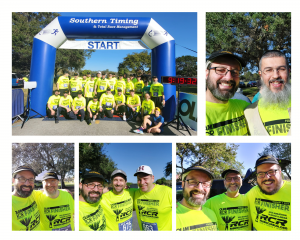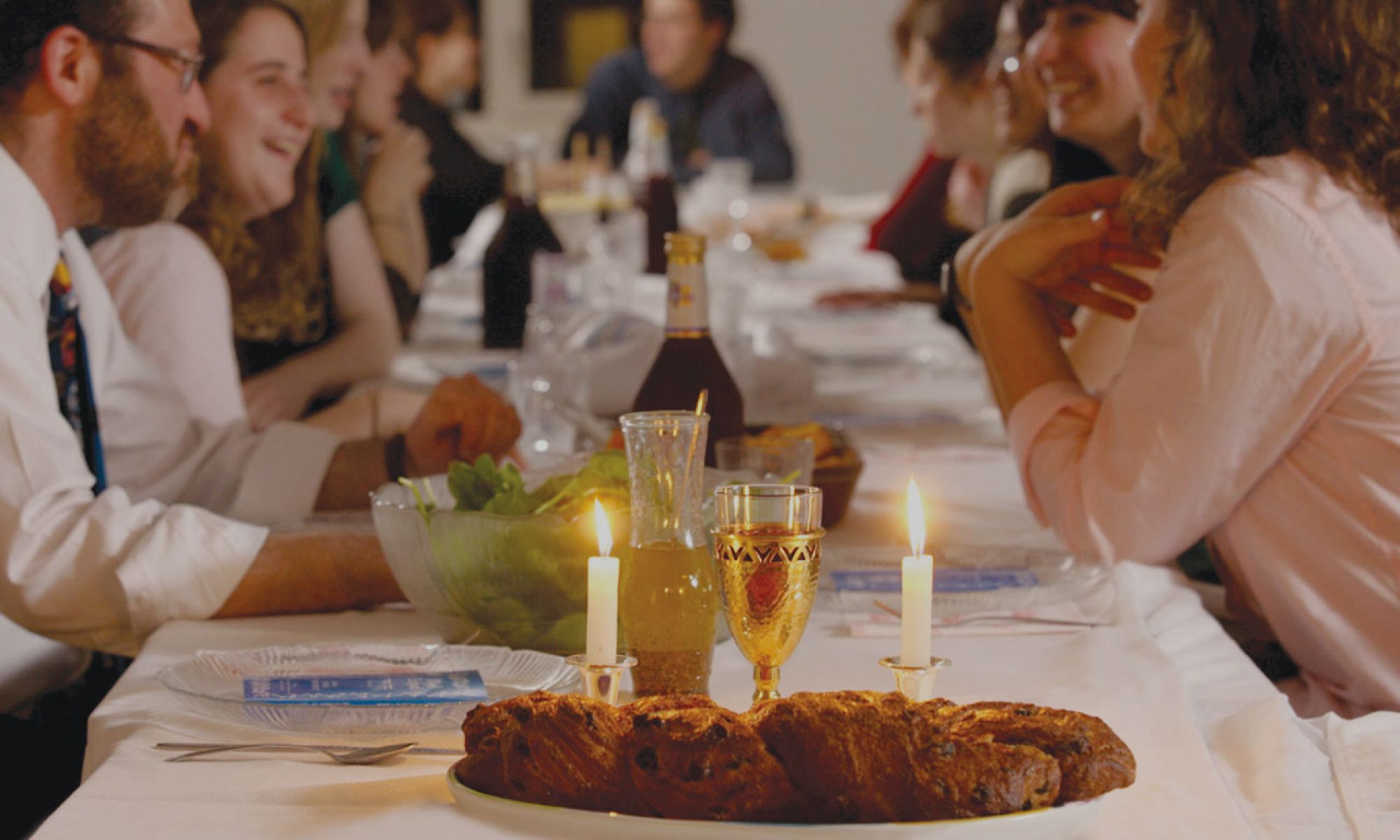
RABBIS DID RUN!
How do you get 40 rabbis to stop speaking? Make them run.
This week I had the great pleasure of joining the culminating event of RabbisCanRun 2023 in Sunrise Florida.
It was a magnificent event spearheaded and run by Rabbi Meir Kaniel, whereby he spends a good part of the year soliciting rabbis to join his program and get into shape. Though training is only 3-4 months long, its a huge undertaking to get people committed to the program. After reaching out to over 1,200 rabbis across the nation and beyond, about 15% respond, and 5% actually sign up. This year we had 40 rabbis sign up and complete their training on race day. But it’s much more than just a race.
The commitment to train also comes along with a commitment to raise money for the program. This is not a small feat, as most rabbis have other commitments when it comes to raising money. I am very grateful for those that gave to my program, because that hurdle is oftentimes harder to overcome than the training itself.
Training means learning how to run properly, and running a minimum of two times per week. Most rabbis don’t have the time available to run, so when you see what people do in order to complete their runs, you are amazed as to the how and the when those runs happen. One rabbi posted his 12am run, because that’s when he had availability, another posted his 4am run, because the run has to get done. I’ve had my share of late night runs as well. Last year I found myself running in a hailstorm in Los Angeles, and this year, I pushed myself to get my final pre-race run in 34 degree weather in Brooklyn, NY, running the sidewalks of Ocean Parkway. Aside from the freezing (I’m officially Californian) temperatures, the run began in the religious neighborhood, but as I got to the street letters X, Y and Z, the demographics changed dramatically, and I was excited to turn around and complete a 7.5 mile run at 10:30pm. There’s a tremendously invigorating feeling knowing that you can push yourself out of your comfort zone and feel good about the results.
For those that know me, this isn’t my first rodeo into RCR. It all started in 2018 for me when I ran my first 10k (6.2 miles). Though I’ve graduated since then, I realize that I need a program like RCR to keep me committed to staying in shape. With great help from the Almighty, I was able to run 15k (9.3 miles), which was half of what I had done last year, but perhaps with double the output, recovering from two injuries, a torn calf and a pulled hip. That itself was remarkable. One rabbi who completed the program told me that without my words of encouragement to overcome injury and pain, he would have backed out months ago. I realized that pushing through this wasn’t just for me.
So many rabbis had so many inspiring stories as to how they got there, whether it was the rabbi who had a heart attack and a pacemaker put in, or one with a history of heart disease in his family. Another with a benign tumor in his brain that was removed, and plenty of others who have witnessed congregants pass away partly due to poor health and body maintenance.
Rabbi Kaniel does a phenomenal job in motivating people, training them and giving them the confidence that they can really do the unimaginable. Before race day, he creates a program that anyone would enjoy. We have guest speakers in person, on Zoom and recorded lectures from big names such as Rabbi Akiva Tatz, Dr. David Pelcovitz and more. We heard from a visiting (local) rabbi how he lost 100lbs and transformed his life through running and eating properly. His first 35lbs that he lost came through rigorous calculated eating at Dunkin Donuts for 45 days straight. Plus an entire nutritional exploration of food, exercise and taking care of your body from Dr. Larry Kurz, the RCR doctor on staff. Everybody needs to know about protein glycation, Ghrelin and Leptin, and if you’re not in the know, you’d better get in the know. Helping rabbis understand the human body and to learn how to better take care of it, is a tremendous asset to help our neshamos thrive and grow.
Over the two days, the rabbis spend time meeting and interacting with each other, and getting a break from their everyday lives. It’s a rejuvenating experience and we are most certainly grateful to the wives for enabling this to happen. The goal is for these rabbis to continue training, for greater accomplishments and to stay healthier than before. If we can inspire more rabbis to be healthier, we can hopefully inspire more communities to do the same.
Rabbi Kaniel’s gift to us is something we all need, but until you do it, you have no idea what you’re missing.

